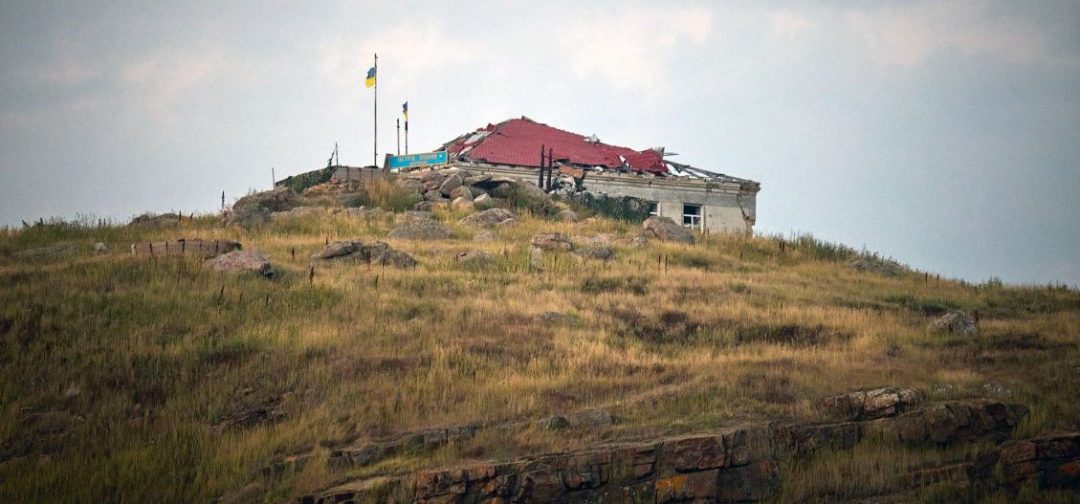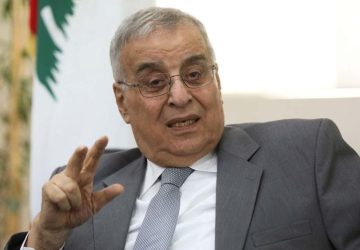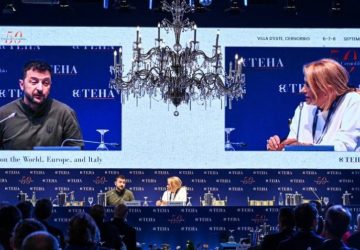Volodymyr Zelensky hailed “brave” Ukraine on the 500th day of Russia’s invasion on Saturday, as he visited the Snake Island, a symbol of defiance against the invaders. Meanwhile, in Moscow, the Kremlin slammed the repatriation by the Ukrainian president of Azov Regiment troops from Istanbul. Celebrated as heroes in Ukraine for their stiff resistance during the siege of Mariupol, Azov’s commanders should have remained in Turkey until the end of the conflict under a deal.
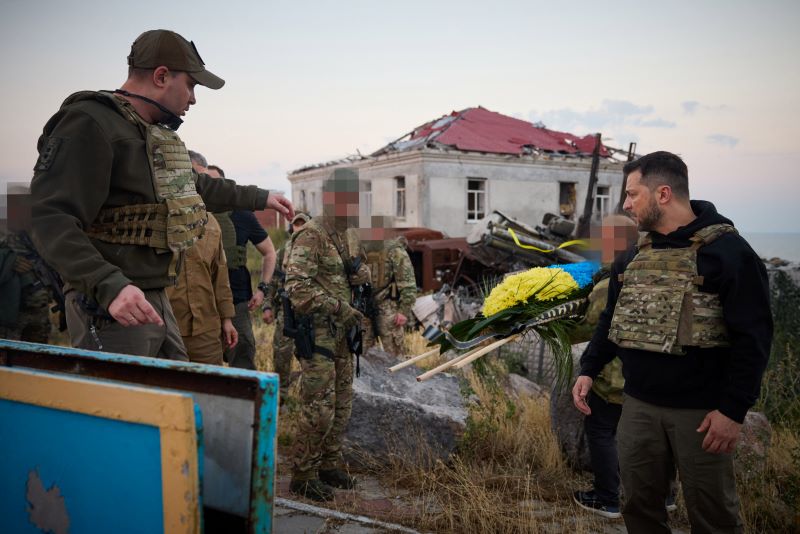
President Volodymyr Zelensky hailed “brave” Ukraine on the 500th day of Russia’s invasion on Saturday. The Ukrainian leader published on social media an undated video clip of a visit to Snake Island in the Black Sea, a symbol of Ukraine’s defiance against Russia.
This island was captured by Russian forces shortly after the start of the invasion. A radio exchange went viral, in which Ukrainian soldiers told the crew of Russia’s attacking warship demanding their surrender to “go fuck yourself”.
The Ukrainian soldiers were taken prisoner, but later exchanged for Russian captives.
The recording of this verbal exchange has gone around the world and served as a theme for the Ukrainian resistance, even appearing on placards during support rallies abroad and on stamps.
The Russian ship involved, the Moskva, sank in the Black Sea in April 2022 following what Moscow said was an explosion on board. Ukraine said it had hit the warship with missiles.
Ukrainian forces recaptured the island in June last year.
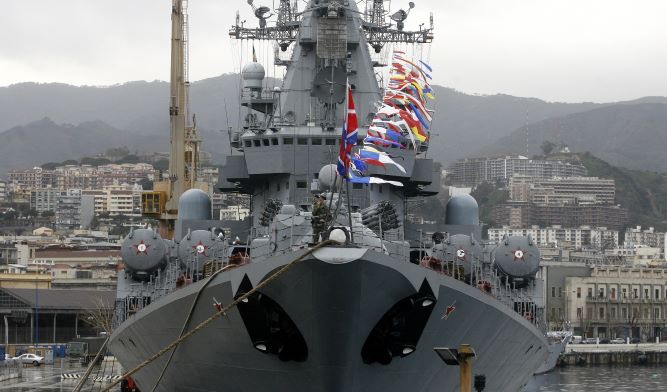
UN death toll
The UN has documented 9,000 civilian deaths since the start of the war on February 24, 2022, including 500 children, although it estimates the real toll could be significantly higher.
That toll went up again on Saturday as Ukraine’s interior ministry said eight people were killed and 13 injured by Russian rocket fire in the eastern town of Lyman.
Noel Calhoun, deputy head of the UN’s Human Rights Monitoring Mission in Ukraine, said the 500th day of the conflict marked “another grim milestone in the war that continues to exact a horrific toll on Ukraine’s civilians”.
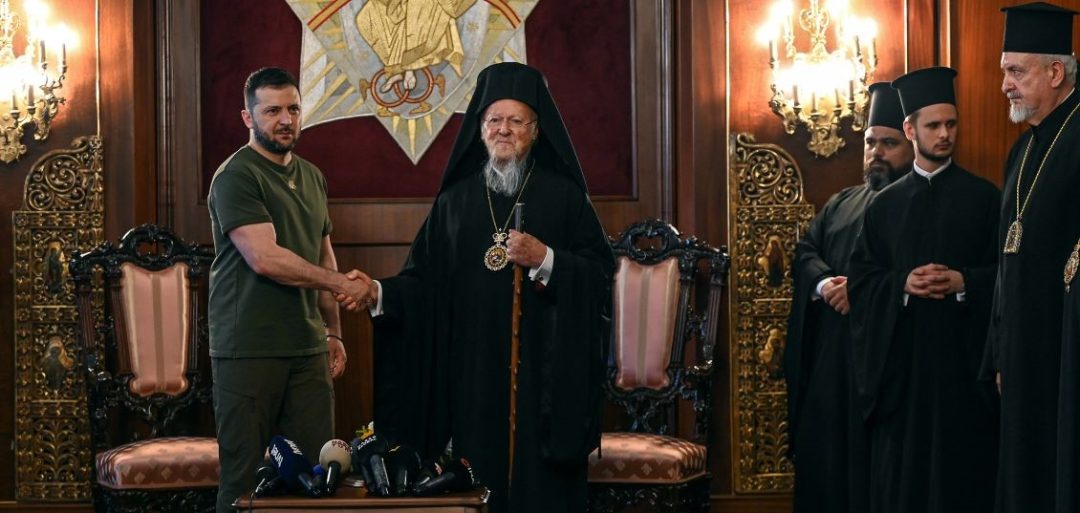
Zelensky on Saturday completed a visit to Turkey in which he secured backing for his country’s NATO aspirations after winning a US pledge for cluster munitions that could inflict significant damage on Russian forces on the battlefield.
The US decision to deliver the weapons, banned across a large part of the world, dramatically ups the stakes in the war.
Humanitarian groups strongly condemned the decision to supply cluster munitions, which can go undetonated and potentially endanger civilians for years to come.
Russia, which itself uses cluster munitions in Ukraine, also criticized the decision on Saturday, saying it was an “act of desperation” that would have “no effect” on the conflict.
Russian foreign ministry spokeswoman Maria Zakharova also said Ukraine’s assurances it would use the ammunition responsibly “are not worth anything”.
Azov’s commanders
The Kremlin also slammed Ukrainian President Volodymyr Zelensky’s decision to repatriate several Ukrainian commanders who should have remained in Turkey until the end of the conflict under a deal.
The Ukrainian presidency confirmed that it had secured the return of members of the crack Azov regiment, which is despised in Russia, after “negotiations with the Turkish side”.
They were greeted at Istanbul airport by Zelensky, who was on a visit to Turkey.
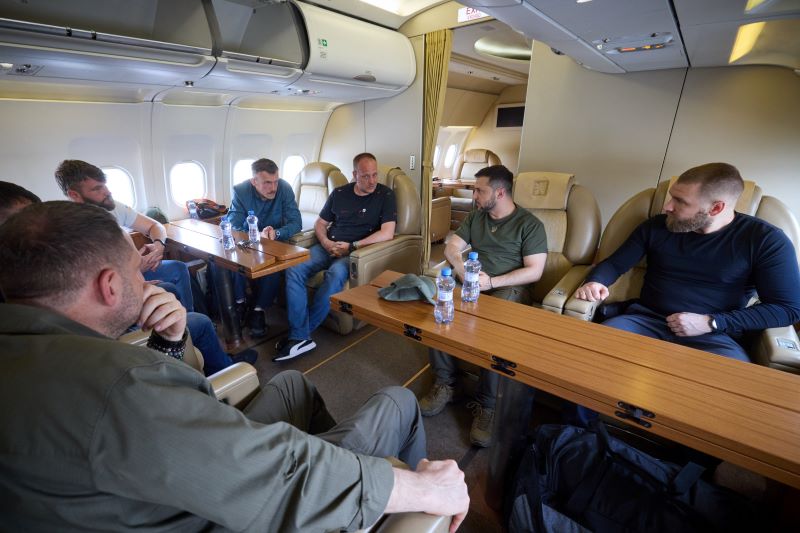
“The return of Azov commanders from Turkey to Ukraine is nothing but a direct violation of the terms of existing agreements,” Kremlin spokesman Dmitry Peskov was quoted as saying by Russian news agencies.
He said both Ukraine and Turkey had violated the terms of the agreement, under which the men were supposed to remain in Turkey until the end of the conflict.
Peskov said the return was linked to the “failure of the counter-offensive” launched by Ukraine, and Ankara’s desire to show its “solidarity” ahead of a July 11-12 NATO summit in Vilnius.
Part of the Azov regiment of the Ukrainian army, formed on the basis of the ultranationalist battalion of the same name, was captured by Russian forces after the fall of Mariupol in May 2022.
Celebrated as heroes in Ukraine for their stiff resistance within the Azovstal factory during the siege of Mariupol, Azov’s fighters are reviled in Russia for their links with Ukrainian ultranationalists.
Georges Haddad, with AFP

